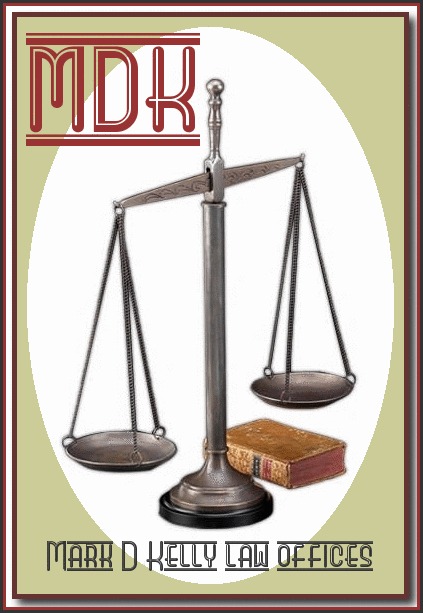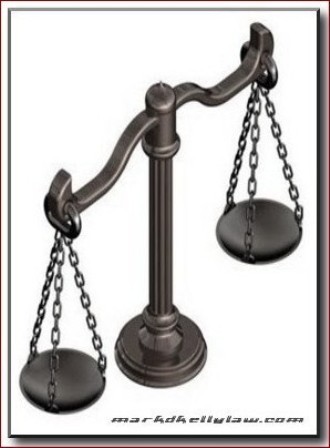MARK D. KELLY CRIMINAL DEFENSE LLC
Minnesota Attorney with 30 Years of Experience
 | ||||
POLICE MISCONDUCT AND CIVIL RIGHTS
Police officers generally have broad powers to carry out their duties. The Constitution and other laws, however, place limits on how far police can go in trying to enforce the law. When this happens, the victim of the misconduct may have recourse through federal and state laws. A primary purpose of the nation's civil rights laws is to protect citizens from abuses by government, including police misconduct.
Overcoming Immunity
Being stopped and questioned by police in connection with a crime is an unsettling experience for most anyone. As long as the officer is performing his job properly, however, there is no violation of a suspect's rights. In fact, police are immune from suit for the performance of their jobs unless willful, unreasonable conduct is demonstrated. Mere negligence, the failure to exercise due care, is not enough to create liability. Immunity therefore means that in the typical police-suspect interaction, the suspect cannot sue the police. Civil rights remedies come into play for willful police conduct that violates an individual's constitutional rights.
Civil Rights Laws and Police Misconduct
A statute known as Section 1983 is the primary civil rights law victims of police misconduct rely upon. This law was originally passed as part of the Civil Rights Act of 1871, which was intended to curb oppressive conduct by government and private individuals participating in vigilante groups, such as the Ku Klux Klan. It is now called Section 1983 because that is where the law has been published, within Title 42, of the United States Code. Section 1983 makes it unlawful for anyone acting under the authority of state law to deprive another person of his or her rights under the Constitution or federal law. The most common claims brought against police officers are false arrest (or false imprisonment), malicious prosecution, and use of excessive or unreasonable force.
False Arrest
The claim that is most often asserted against police is false arrest. Persons bringing this claim assert that police violated their Fourth Amendment right against unreasonable seizure. If the officer had probable cause to believe the individual had committed a crime, the arrest is reasonable and the Fourth Amendment has not been violated. Police can arrest without a warrant for a felony or misdemeanor committed in their presence. Even if the information the officer relied upon later turns out to be false, the officer is not liable if he believed it was accurate at the time of the arrest. To prevail on a false arrest claim, the victim must show that the arresting officer lacked probable cause.
Malicious Prosecution
A malicious prosecution claim asserts that the officer wrongly deprived the victim of the Fourteenth Amendment right to liberty. To win this type of claim, the victim must show four things: 1) the defendant police officer commenced a criminal proceeding; 2) the proceeding ended in the victim's favor (that is, no conviction); 3) there was no probable cause; and 4) the proceeding was brought with malice toward the victim. As with false arrest, this claim will fail if the officer had probable cause to initiate criminal proceedings.
Excessive Force
Excessive force claims receive the most publicity, perhaps because the results of excessive force seem the most outrageous, involving serious physical injury or death. Whether the officer's use of force was reasonable depends on the surrounding facts and circumstances. The officer's intentions or motivations are not controlling. If the amount of force was reasonable, it doesn't matter that the officer's intentions were bad. The reverse is also true: if the officer had good intentions, but used unreasonable force, the claim will not be dismissed.
Failure to Intervene
Officers have a duty to protect individuals from constitutional violations by fellow officers. Therefore, an officer who witnesses a fellow officer violating an individual's constitutional rights may be liable to the victim for failing to intervene.






